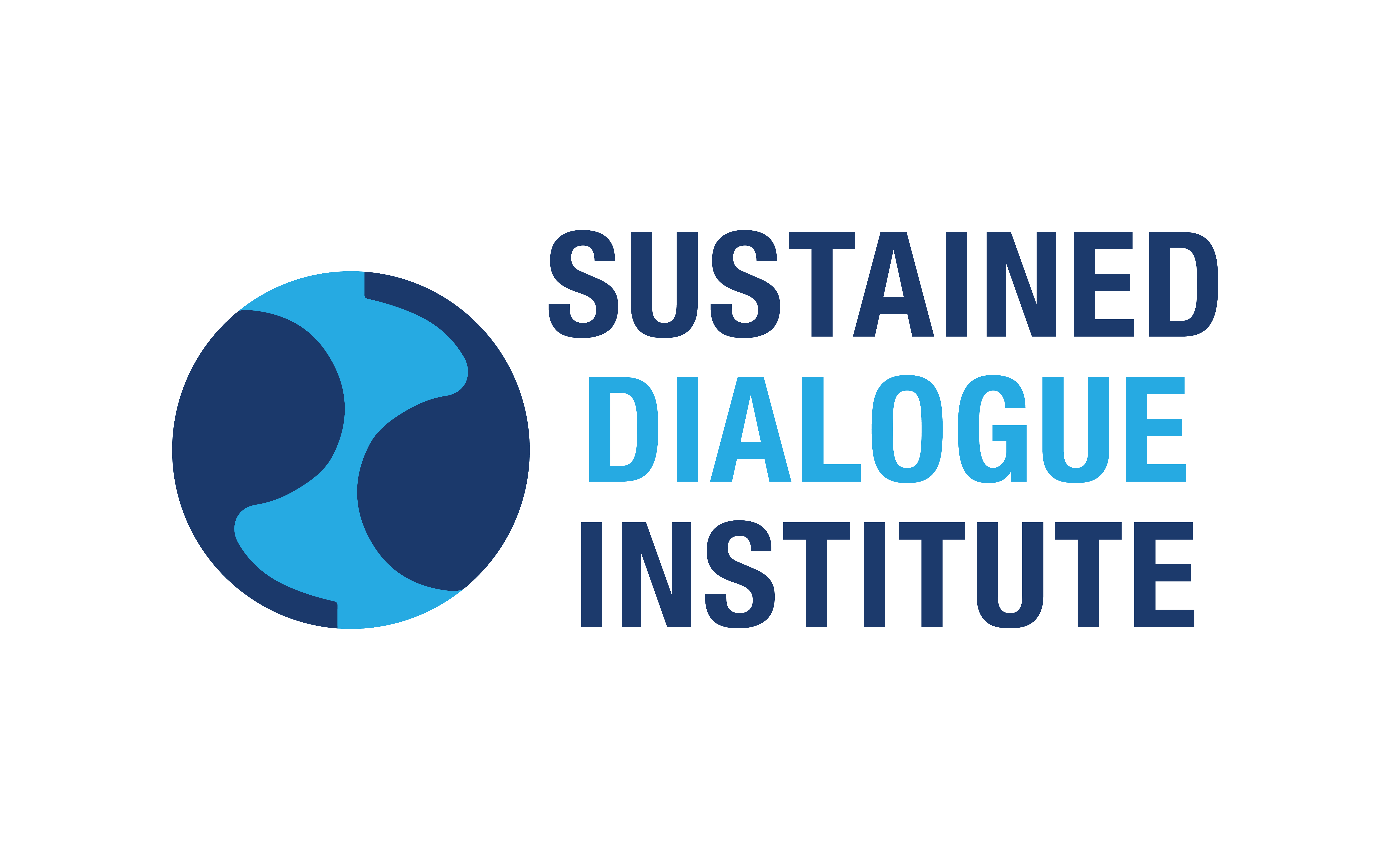Healing a Divided Nation: Transforming Spaces Through Sustained Dialogue (in The Review of Higher Education)
Author: Dr. Maureen A. Flint Full text: Flint (2019) Healing a Divided Nation In the wake of the U.S. 2016 election, national media has highlighted the divided nature of our country. Considering this division, dialogue is often pushed as the tool for reconciliation, healing, and bridge building. This paper takes up this call through considering the […]
Transformative Experience, Conflict Resolution and Sustained Dialogue (in International Journal of Conflict Engagement and Resolution)
Authors: Philip D. Stewart and Nissa Shamsi Full Text: download full pdf The roots of conflict, whether international, community or interpersonal, are most often expressed in antagonistic attitudes or perspectives towards ‘the other’. Such attitudes frequently are deeply embedded and resistant to change. Yet lasting resolution of conflict is difficult, if not impossible, unless such […]
Sustained Dialogue: How Students Are Changing Their Own Racial Climate (in About Campus: Enriching the Student Learning Experience)
In 2006, Priya Parker, realizing the University of Virginia’s campus climate needed dialogue, created a student-led process to improve race relations. The campus approach brings small groups of students from widely different backgrounds together for a year of deep conversation.
Six Years of Sustained Dialogue at Ethiopian Universities
Currently, The Life and Peace Institute and the Peace and Development Centre have introduced SD in Haramaya University in eastern Ethiopia, and Jimma University in South Western Ethiopia. LPI and PDC have been implementing SD in Haramaya University since April 2013 and 300 students were involved in the project. Since March 2014, implementation of SD in Jimma University has begun. Like in Haramaya University 300 students will be involved and at the request of the University, LPI and its partner PDC are setting the ground for adding a new dimension to SD in JU where faculty and administrative staff will be part of the SD.
Dialogue and interethnic trust: A randomized field trial of ‘Sustained Dialogue’ in Ethiopia (in Journal of Peace Research)
Using a stratified randomization process, participants were selected to a two-term Sustained Dialogue program at Addis Ababa University, Ethiopia, in 2009–10. Immediately following the dialogue intervention, an attitudinal survey and a behavioral trust game were conducted with a group of 716 participants and non-participants.
Sustained Dialogue and Civic Life: Post-College Impacts (in Michigan Journal of Community Service Learning)
This study examined the civic outcomes of the Sustained Dialogue model. Qualitative interviews investigated the perceived impacts of dialogue experience on post-graduate civic life, generating an inventory of 29 dialogue civic outcomes across five domains: 1) cognitions, 2) behaviors, 3) attitudes 4) skills, and 5) hopes and plans for the future.
Constructing Ourselves, Constructing the Other: The Challenge of Reconciliation in South Africa
This article describes an ongoing Reconciliation Initiative undertaken in partnership between the Institute for Democracy in South Africa1(Idasa) and the Gauteng Council of Churches 2(GCC). This Initiative launched in May 2004 now has six regional dialogues at local level, each focusing on a different aspect of reconciliation. The project is grounded in social constructionist principles and merges the Appreciative Inquiry (AI) and Sustained Dialogue3(SD) methodologies. This article explores how these theoretical groundings and merging of methodologies are working to tackle the question of reconciliation from a positive approach. The central hypothesis is that history can be a “positive possibility” (Cooperrider et al, 2003:21) and through a series of Sustained Dialogues our constructions of self and the other can be a process of remembering ourselves into new ways of being.
